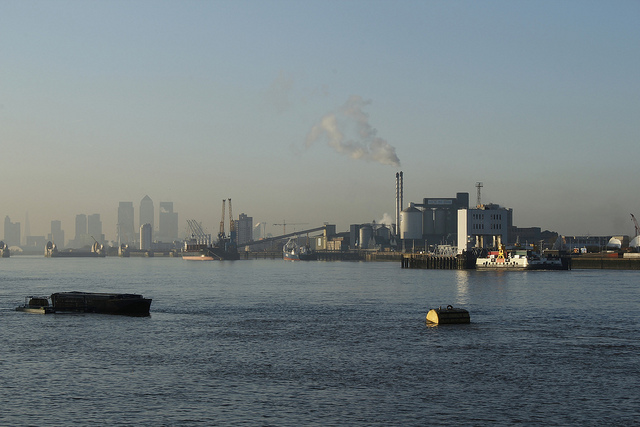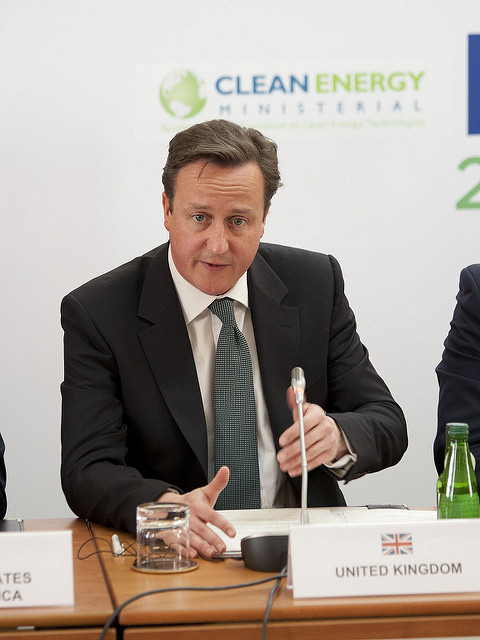Professor Leszek Borysiewicz, the vice chancellor of Cambridge University, has said that the UK's immigration policy is damaging the UK's university sector and also the country in general.
The professor said that the use of a 'crude' numerical immigration target is leading foreign students to believe that the UK is 'not a welcoming place to study in'.





